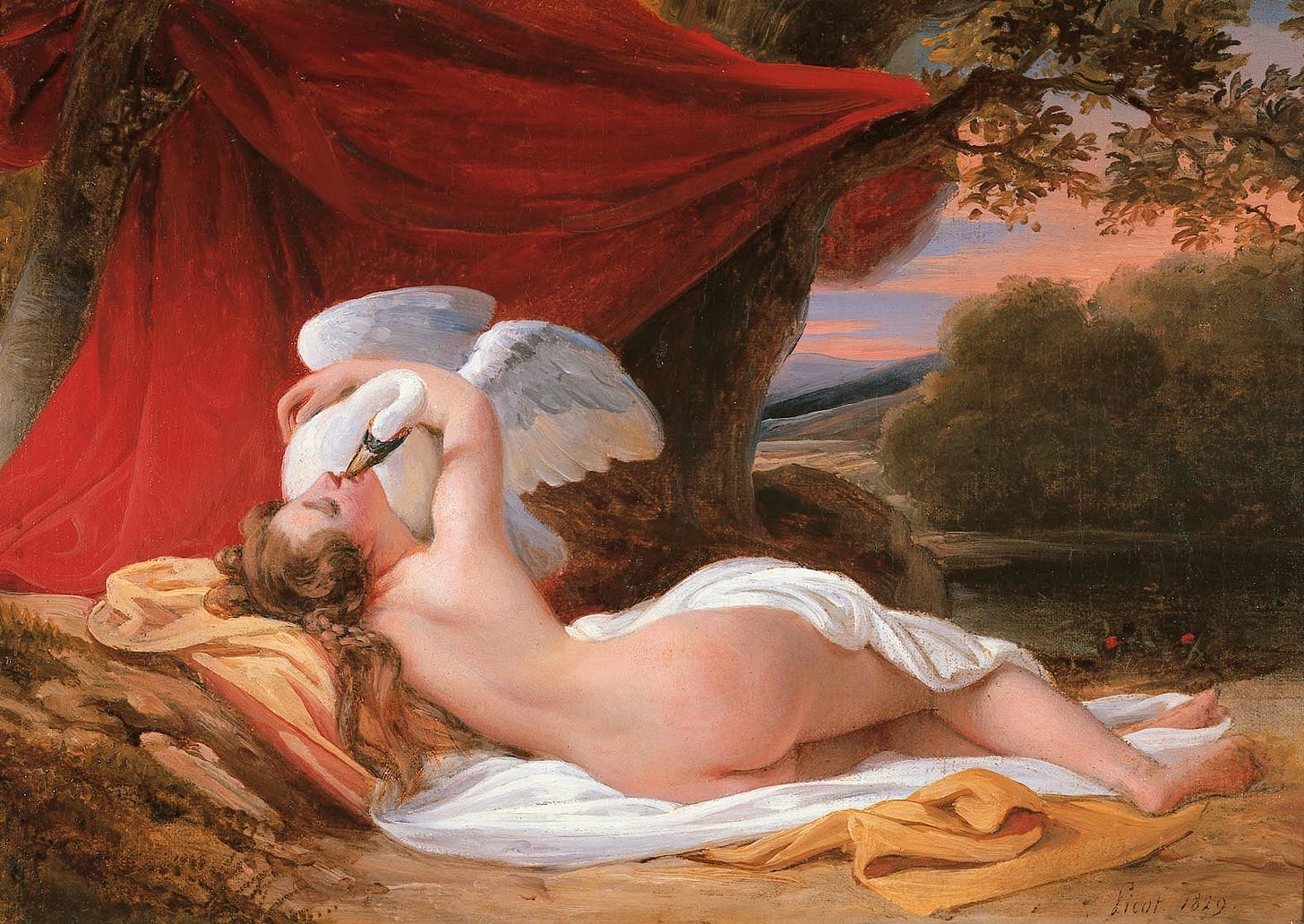Why This Blog is Called "Pluripotent"
The meaning behind my publication name and Twitter banner
I was a huge biology nerd in high school. Nothing fascinated me more than stem cells; ‘pluripotent’ describes a particular type of stem cell that could become any type of cell if and when needed. The fact that nature created a precursor that is capable of becoming anything is the most miraculous thing in the entire universe.
Nature appears to be just mathematical enough for the rational mind to grapple with, yet just miraculous enough for the soft soul to observe and marvel at. And this wonder is not unique to me. Metamorphosis, or, transformation by means of magic, is as extraordinary as fire. Magic hyptonizes us.
You can tell by the way we’ve embedded it in our religions and mythologies. Zeus turned into a swan. God became Man (“The Word became flesh”, John 1:14). In A Midsummer Night’s Dream, Nick Bottom is magically transformed into an ass. In The Metamorphosis, Gregor Samsa wakes up as a vermin.
This is also why we are highly entertained by fictions th…



